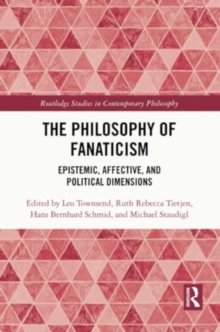
Historical Explanation : An Anti-Causalist Approach PDF
by Gunnar Schumann
Part of the Routledge Studies in Contemporary Philosophy series
Description
This book is concerned with the appropriate form of explanations in historiography and the social sciences. It combines action theory and philosophy of historiography and develops a theory of teleological explanations of human actions based on late-Wittgensteinian and Ordinary Language Philosophy insights.
In philosophy of action, many philosophers favor causal theories of human action. Additionally, in current philosophy of historiography the majority view is that historians should explain historical phenomena by their causes. This book pushes back against these mainstream views by reviving an anti-causal view of explanation of current and past human actions. The author argues that disciplines that deal with human actions require a certain form of explanation, namely a teleological or intentional explanation. This means that past human actions and their results will have to be explained by reasons of agents, not by causes. Therefore, historiography employs a method of explanation which is in stark contrast to the sciences. The author thus proposes a Verstehen (understanding) approach in historiography and the social sciences.
Historical Explanation will be of interest to scholars and advanced students working in philosophy of action, philosophy of history, and philosophy of the social sciences.
Information
-
Download - Immediately Available
- Format:PDF
- Pages:358 pages
- Publisher:Taylor & Francis
- Publication Date:14/11/2023
- Category:
- ISBN:9781000997934
Other Formats
- EPUB from £35.99
- Hardback from £135.00
Information
-
Download - Immediately Available
- Format:PDF
- Pages:358 pages
- Publisher:Taylor & Francis
- Publication Date:14/11/2023
- Category:
- ISBN:9781000997934










